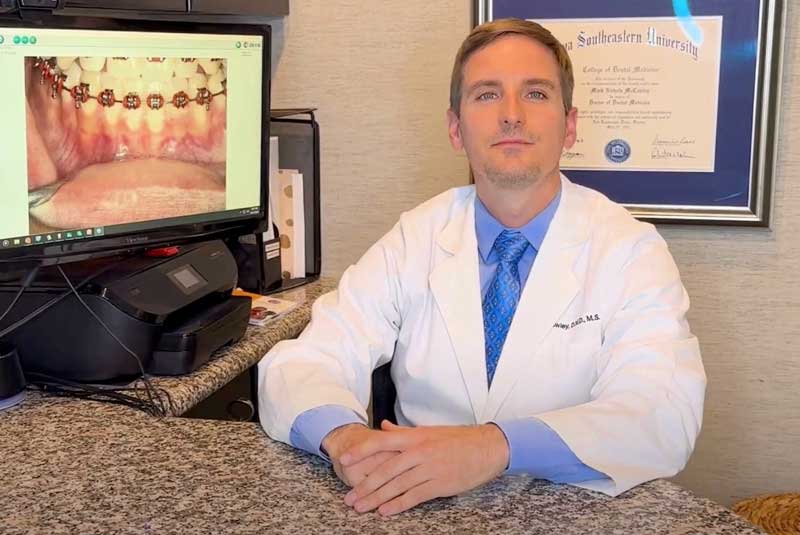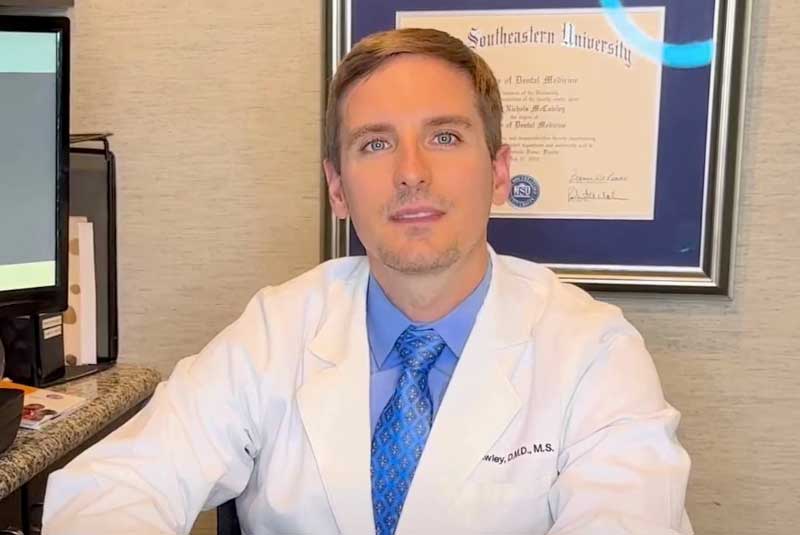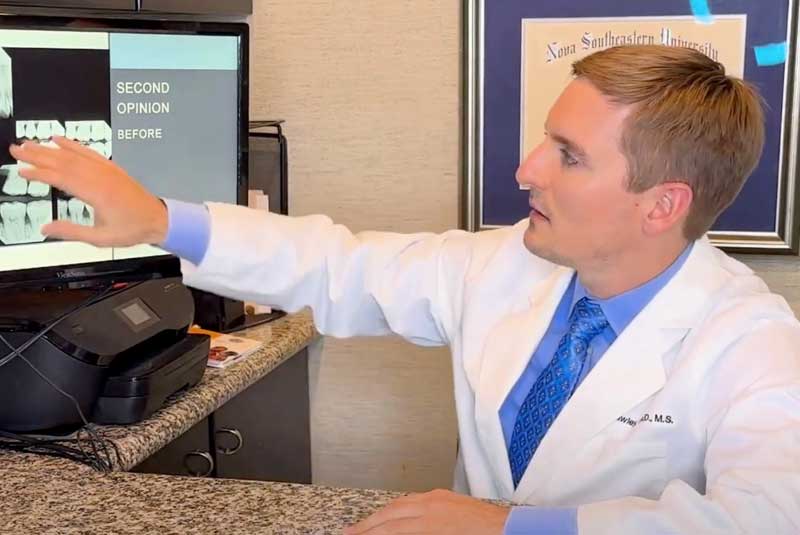
Why May I Have Bad Breath In Fort Lauderdale, FL?
Bad breath in Fort Lauderdale, FL, is a condition characterized by an unpleasant odor emanating from the mouth. It can be occasional or chronic, depending

Bad breath in Fort Lauderdale, FL, is a condition characterized by an unpleasant odor emanating from the mouth. It can be occasional or chronic, depending
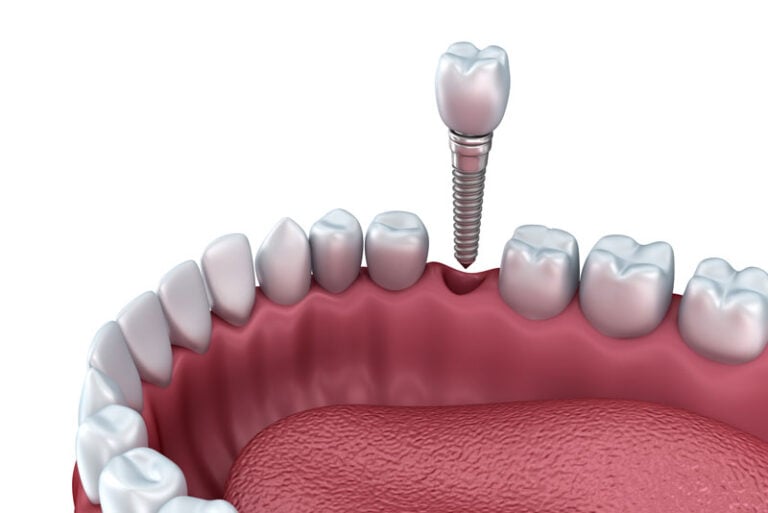
Experiencing missing teeth? The loss of even a single tooth can be devastating to surrounding tooth structures. Missing teeth can also extend beyond a person’s
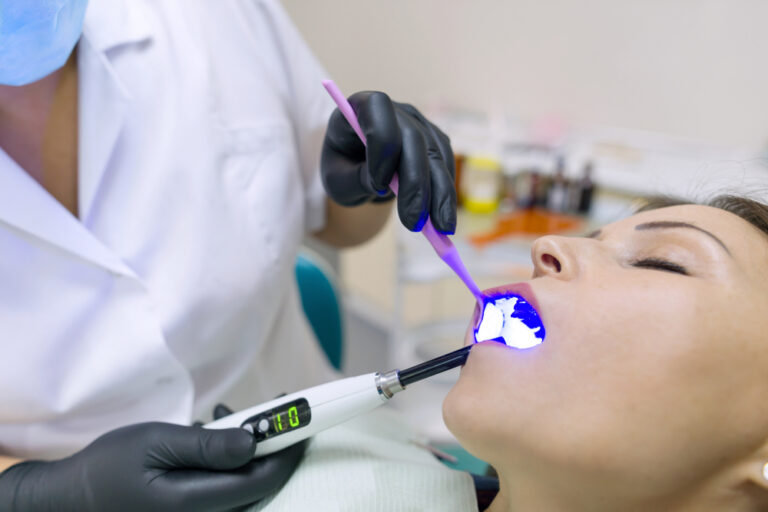
Treating gum disease at your periodontist in Ft. Lauderdale, FL, has often involved gum surgery in the past. If gum disease, also known as periodontitis,
Many patients are unaware of what makes a periodontist different than a general dentist, especially when it comes to the placement of dental implants. A
When assessing your smile, there are several factors that can make you look older than you are, such as stained or misshapen teeth, missing teeth,
There are many options for dental treatments when you head to your periodontist to discuss your periodontal disease and general oral health. However, one of
If you are like most adults, you probably pay a lot of attention to your teeth but not enough to your gums. While sparkling teeth
Dental implants can be an effective treatment for patients who have lost one or more teeth, especially since implants function like natural teeth in many
Gum disease is a common problem that leads to sensitive teeth, damage to the jaw bone, and tooth loss. When it is caught early enough,
There are a lot of facts you can learn about gum disease this National Gum Care Month in September. You may hear about common symptoms,
